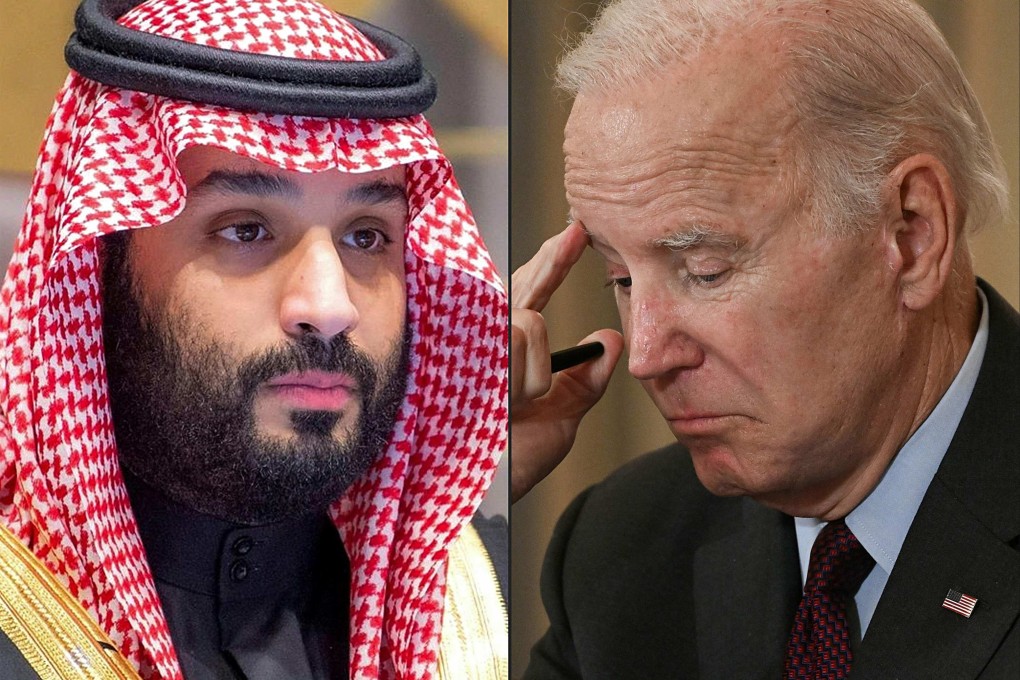Advertisement
As I see it | Joe Biden’s values-based foreign policy tanks when it comes to US-Saudi ties
- Biden vowed to make Saudi Arabia a ‘pariah’ for Jamal Khashoggi’s murder, but facing an oil crisis, the US president sought Riyadh to increase output
- US president’s promise to ‘uphold universal rights’, has been questioned as Washington has deepened ties with less-than-liberal Southeast Asian nations
Reading Time:2 minutes
Why you can trust SCMP
10

For a taste of how flimsy the US Democratic Party’s mantra of values-based diplomacy is, one needs to look no further than recent dealings between President Joe Biden’s administration and Saudi Arabia.
Biden came to power promising to re-centre American foreign policy in the country’s democratic values and heritage of “upholding universal rights, respecting the rule of law and treating every person with dignity”.
This approach, administration officials had said, would be far removed from the transactionalist diplomacy practised by Biden’s successor, Donald Trump.
Advertisement
Sceptics, of which I was one, gave Biden the benefit of the doubt throughout the first year of his presidency, even as his administration sought to deepen ties with less-than-liberal Southeast Asian partners like Vietnam, Thailand and Singapore.
In these engagements, while administration officials did raise rights issues, they did so hastily, as if it were a box-ticking exercise. The practice of values-based diplomacy was far from evident.
Advertisement
Advertisement
Select Voice
Select Speed
1.00x
